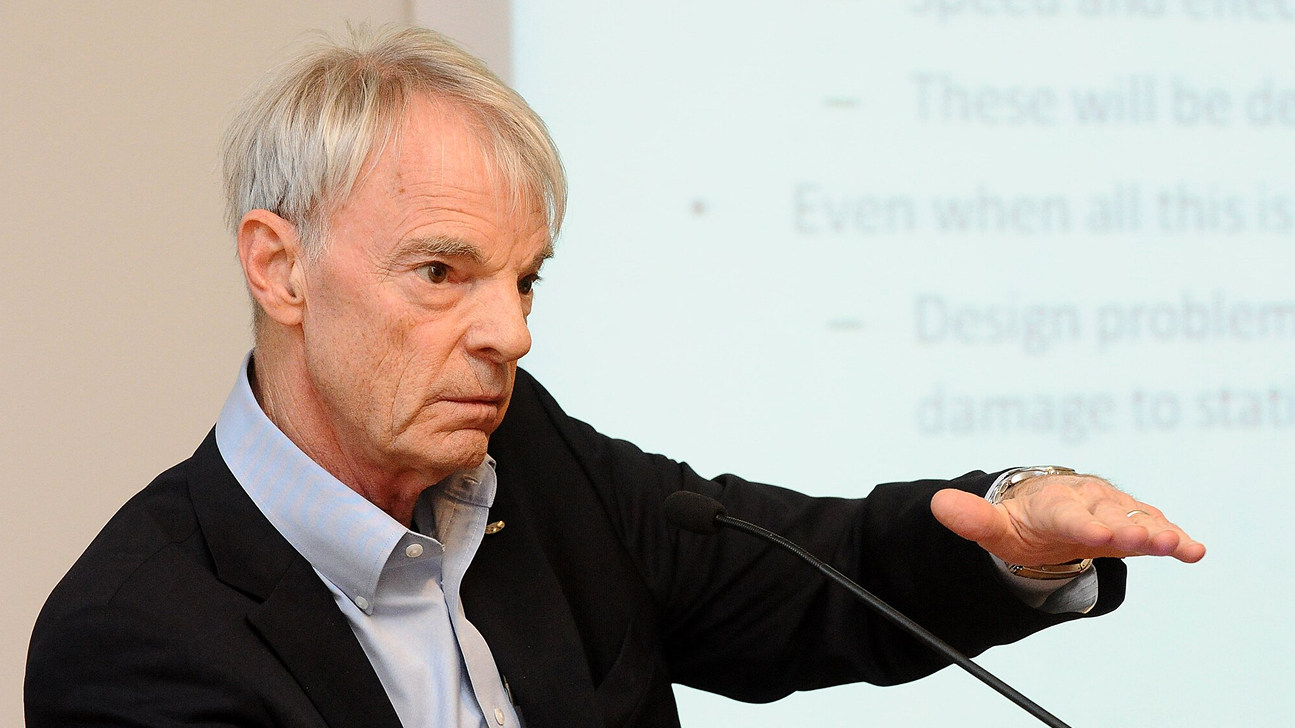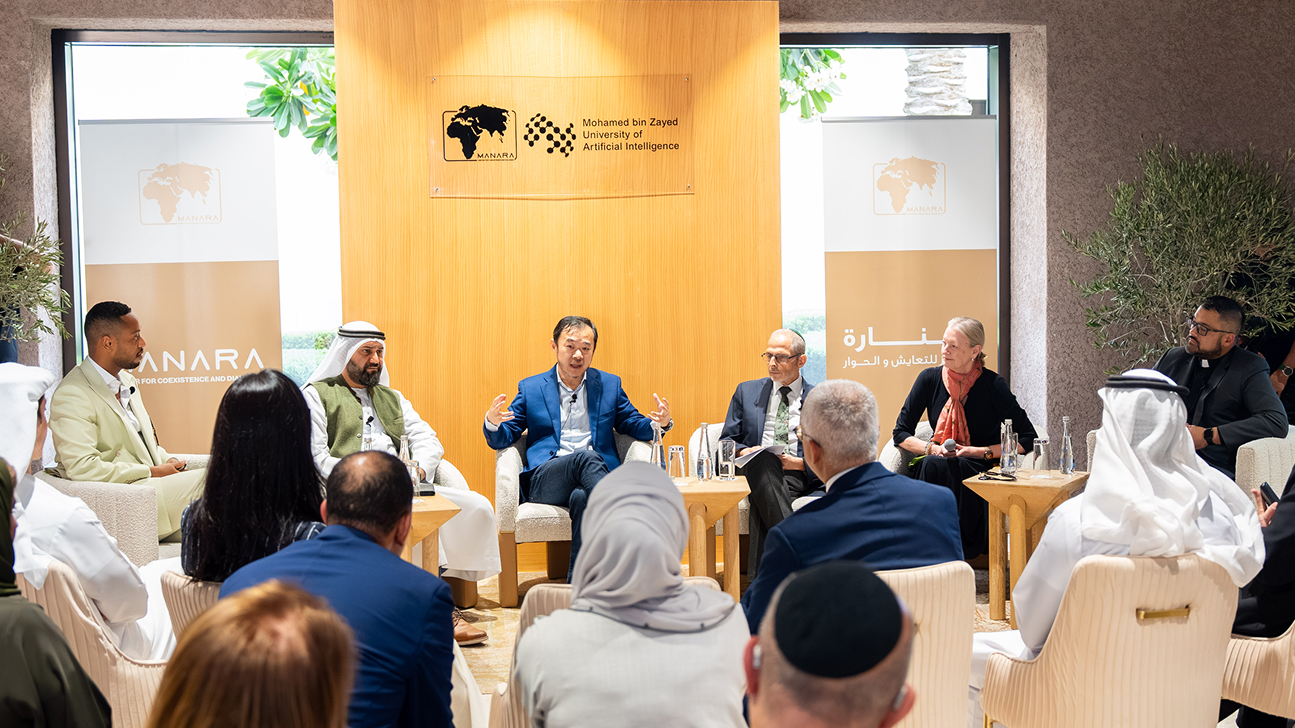Enabling precision medicine with single cell omics and decentralized clinical studies
Thursday, May 23, 2024
One of the most exciting consequences of the accessibility of single cell omics technologies is their use in new experimental designs. Beyond atlases, longitudinal studies with many timepoints are also yielding unprecedented volumes and formats of data. Driven by steadily decreasing sequencing costs and streamlined experimental workflows, single cell omics technologies, and especially single cell RNA sequencing technologies are now widely used from basic biological research to drug discovery and clinical studies. However, making use of data from these novel complex experimental design at massive scale requires scalable methods, such as the kallisto|bustools pre-processing workflow and the scvi-tools framework for probabilistic modeling of single cell omics. I will present on these and other tools which I helped develop during my PhD at Caltech, and show how such scalable methods are being leveraged in an ongoing longitudinal study on Inflammatory Bowel Disease (IBD) being executed by ImYoo, where participants have collectively mailed hundreds of capillary blood samples from across the United States. Instead of relying on a centralized hospital, these small samples of capillary blood are flexibly self-collected during flaring and quiescent states, yielding unique data that provides insights at critical biological and disease events. I will also briefly present ongoing research on innovative STEM education that I coordinate in an international partnership between the UC Berkeley School of Education and the Vilson Groh Institute with a large STEM education program for marginalized youth in Brazil (https://vilsongroh.org).
Speaker/s
Eduardo da Veiga Beltrame is the bioinformatics lead at ImYoo, a Caltech spinout startup leveraging single cell to execute decentralized studies on autoimmune diseases using small capillary blood samples that patients self-collect at home and mail back for processing and analysis (https://imyoo.health). Eduardo is also a visiting scholar at the UC Berkeley School of Education, organizing research on STEM education programs in Brazil. Prior to joining ImYoo, Eduardo was part of the founding scientific team at Retro Biosciences. Eduardo completed his PhD in bioengineering at Caltech, developing experimental and computational methods and tools for single cell RNA sequencing technologies. He holds a B.S. in Biological Physics from Brandeis University. His website is https://munfred.com.
Related
Nobel Laureate Michael Spence on how AI is redefining the global economy
Nobel Prize-winning economist Michael Spence explains how AI is reshaping the economic landscape and what is needed.....
- digital policy ,
- governance ,
- Nobel Prize ,
- guest talk ,
- guest lecture ,
- economics ,
- Economy ,
- Undergraduate ,
Understanding faith in the age of AI
MBZUAI hosted a panel discussion in collaboration with the Manara Center for Coexistence and Dialogue focused on.....
- connection ,
- discussion ,
- religion ,
- spirituality ,
- faith ,
- conversation ,
- panel ,
- Human–computer interaction ,

